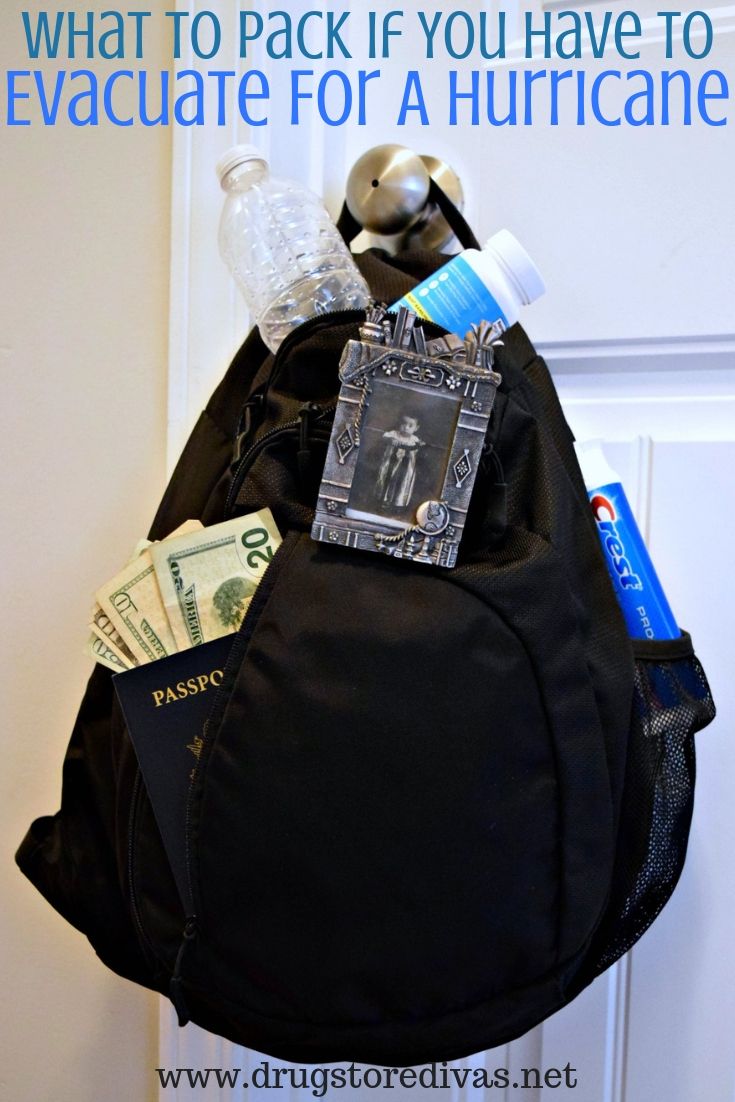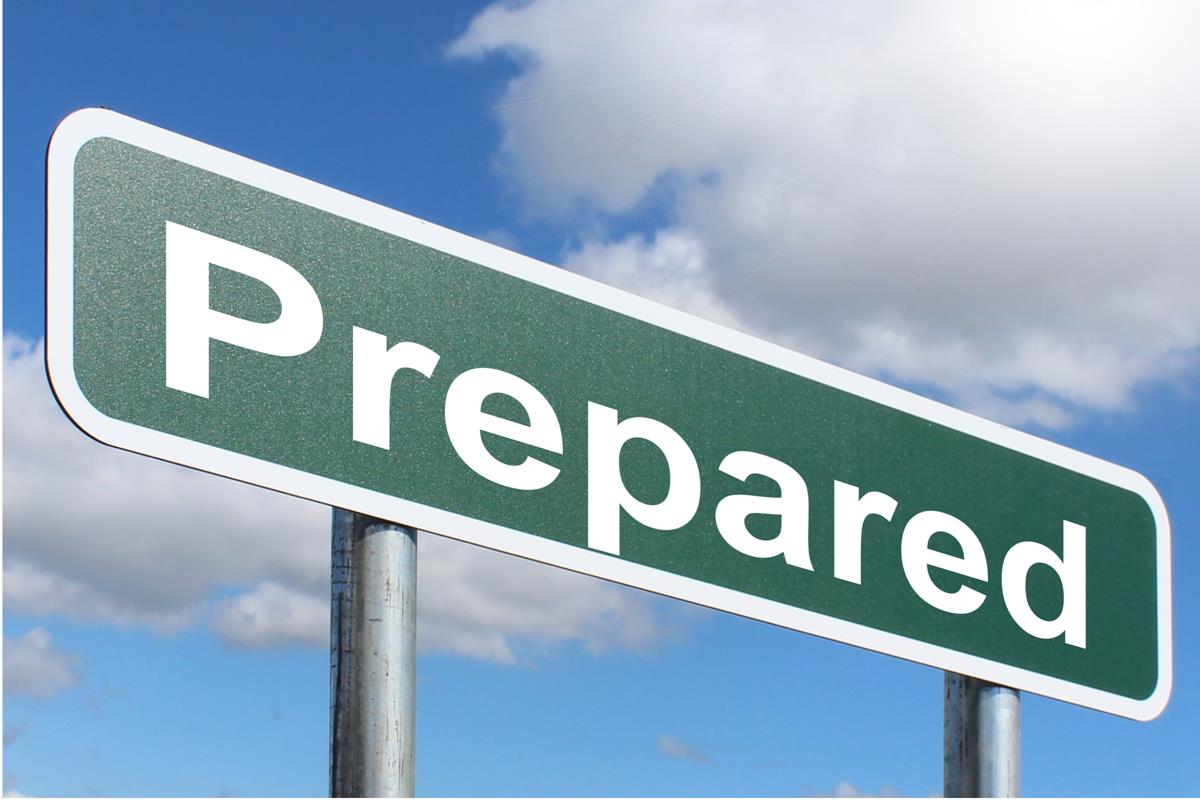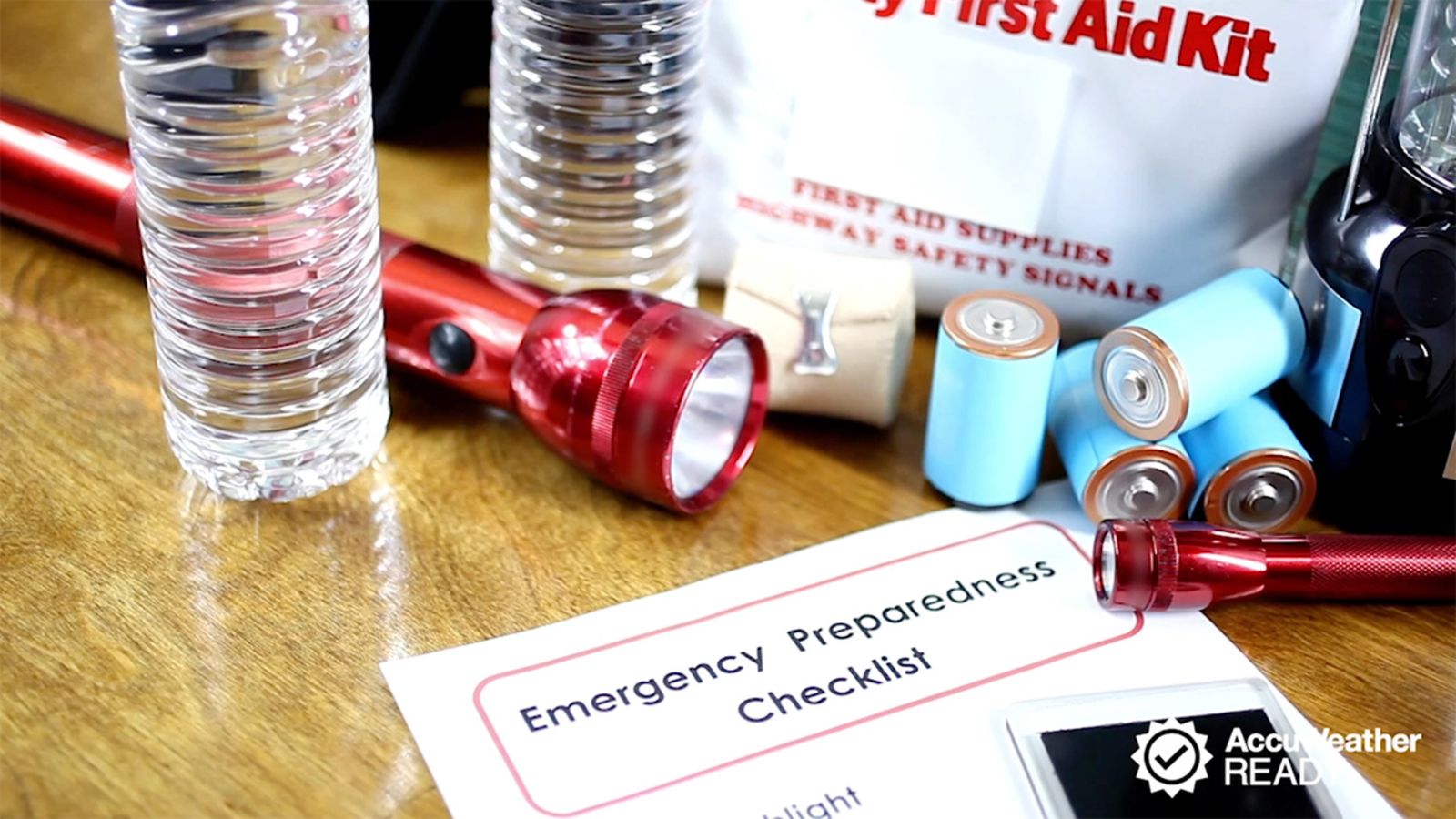A survivalist is an individual who actively prepares for potential emergencies or disasters, such as natural disasters, economic collapse, or societal unrest. Survivalists often believe that traditional institutions and infrastructure may fail during a crisis and that individuals must be prepared to take care of themselves and their families.

Survivalists typically engage in various activities to prepare for emergencies, including:

Acquiring knowledge and skills: Survivalists often learn skills such as first aid, wilderness survival, firearms proficiency, and gardening. They may also study topics like disaster preparedness, self-reliance, and emergency planning.

Stockpiling supplies: Survivalists often accumulate a cache of supplies, such as food, water, medical supplies, and tools, to sustain themselves during a crisis. They may also stockpile items like generators, fuel, and weapons for self-defense.
Building shelters: Some survivalists construct shelters, such as underground bunkers or remote cabins, to provide protection from potential threats. These shelters may be equipped with supplies, communications equipment, and other resources to sustain occupants during a long-term emergency.
Creating networks: Survivalists often form networks with like-minded individuals to share information, resources, and support. These networks may be local, regional, or even global, allowing members to communicate and collaborate during a crisis.
Practicing self-sufficiency: Survivalists often strive to become as self-sufficient as possible, reducing their reliance on external systems and infrastructure. This may involve growing their own food, raising livestock, or learning how to repair and maintain essential equipment.
Survivalism is a controversial topic, with some critics dismissing it as excessive fear-mongering or paranoia. However, survivalists argue that they are simply taking proactive steps to prepare for potential emergencies and ensure the safety and well-being of themselves and their families.
Ultimately, the decision to engage in survivalist activities is a personal choice. While some may view it as an extreme or unnecessary measure, others may find it a prudent and responsible way to prepare for uncertain times.










